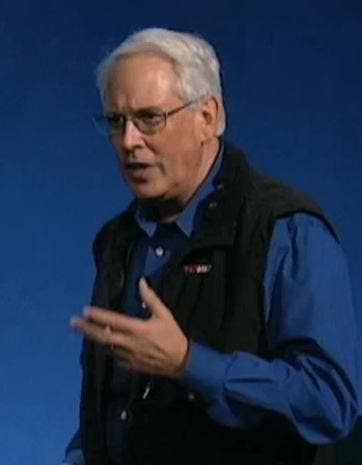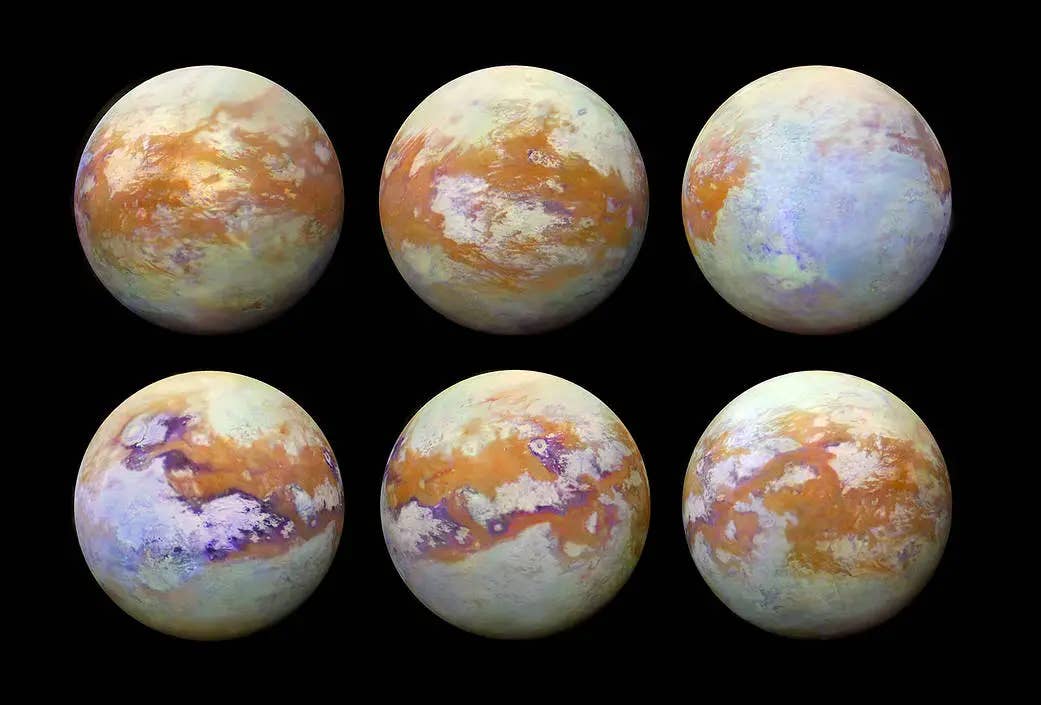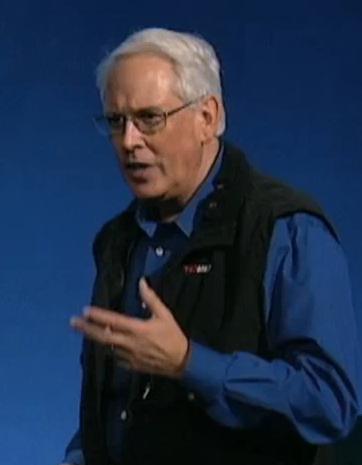Geo-Medicine: Where You Live Matters To Your Health (Video)

Share
Bill Davenhall gave a brief but enlightening presentation about the importance of geo-medicine at the most recent TEDMED conference. We know that your health can largely be predicted by looking at your genetics, lifestyle, and environment, but doctors almost completely ignore the last in favor of the first two. Davenhall is the head of ESRI, one of the leading producers of geographic information systems (GIS), and he believes that place history should be an important part of your electronic medical records. His talk was one of Alexandra Carmichael's Top 10 for TEDMED 2009, and I was equally impressed with it. The presentation is now available to watch online. Check it out below.
You should really watch all ten minutes of Davenhall's talk, but if you're pressed for time, here are the highlights:
0:30 - Talk begins and Davenhall discusses his 2001 heart attack.
1:48 - Personal physicians ask you for a lot of information, but never seem to inquire about where you've lived.
3:00 - Davenhall walks you through his geographic journey. His 19 years in Pennsylvania, 25 years in Kentucky, and 12 years in Los Angeles were exposing him to known environmental health risks.
5:00 - There are many maps available that show how medical conditions correlate to geography. Turns out that Davenhall's place history was setting him up for a heart attack.
5:50 - Davenhall had a colleague use a mobile phone to track their location continuously over two years. That person's love of skiing was exposing them to toxic release sites that were well mapped by the US Environmental Protection Agency.
6:40 - It it's relatively easy to keep track of your ongoing place history on a smart phone.
7:20 - The presentation offers two prescriptions for improving our health using geography: 1) teach doctors about geo-medicine 2) include place history in electronic medical records.
8:17 - These prescriptions will allow us to make informed decisions about where to live based on our medical history.
Be Part of the Future
Sign up to receive top stories about groundbreaking technologies and visionary thinkers from SingularityHub.


Davenhall's talk highlights how improvements in health won't just come from technology that heals our bodies, it will come from technology that allows us to better manage medical information. Geo-medicine is essentially a means to better access risk by keeping track of the environmental factors to which you've been exposed. We spend a lot of time focusing on genetics and lifestyle on the Hub, so it's nice to have the reminder about the third leg of that risky stool. Take the cue and explore your place history on ESRI's free geo-medicine information page. It's very limited, but it's a nice start. Turns out my heart and toxic release risks are a lot higher than I thought. Good to know.
Screen capture and image credit: TEDMED
Related Articles

Single Injection Transforms the Immune System Into a Cancer-Killing Machine

This Light-Powered AI Chip Is 100x Faster Than a Top Nvidia GPU

This Week’s Awesome Tech Stories From Around the Web (Through December 20)
What we’re reading
